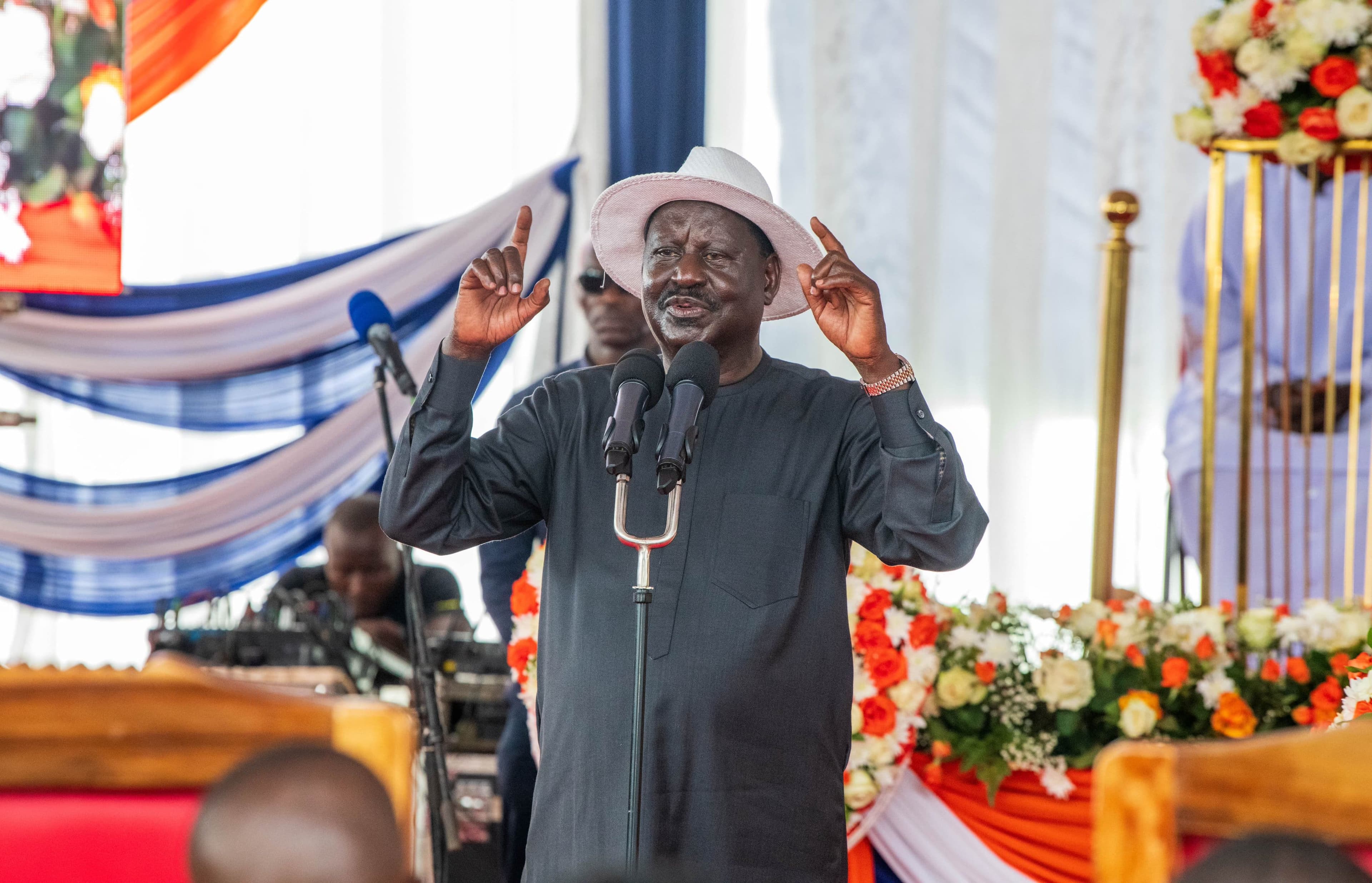We're loading the full news article for you. This includes the article content, images, author information, and related articles.
A definitive academic review by a leading UK university is set to analyze the lasting political and social footprint of former Prime Minister Raila Odinga, prompting a crucial conversation on Kenya's democratic trajectory after his era.

Durham University, a globally recognized centre for research, has initiated a major academic study into the life and political legacy of the late Kenyan statesman, Raila Amollo Odinga. The project, led by the university's Department of History, aims to provide a comprehensive analysis of Mr. Odinga's profound and often paradoxical influence on Kenya's political landscape over several decades. The announcement was made on Friday, 24th October 2025, EAT, through university publications and was reported by multiple Kenyan and international news outlets.
The study is spearheaded by Professor Justin Willis, a renowned historian specializing in East African politics at Durham University. Professor Willis and an international team of scholars intend to examine how Mr. Odinga's career, marked by relentless opposition activism, periods of state power, and complex political alliances, fundamentally reshaped Kenyan democracy. The researchers noted that his death has created a "political vacuum that other leaders will struggle to fill," signaling the study's focus on the future of Kenyan politics in his absence.
The Durham study will delve into the multifaceted nature of Odinga's political identity. He is remembered as both a fierce nationalist who mobilized support across ethnic divides and the dominant leader of the Luo community. A self-identified revolutionary who was detained for years for his role in agitating against one-party rule, he later became a key architect of institutional reform. His most significant achievement is widely considered to be the 2010 Constitution, which introduced devolution and aimed to curtail the powers of the 'imperial presidency'—a cause he championed for years.
Born on January 7, 1945, the son of Kenya's first Vice President, Jaramogi Oginga Odinga, Raila was born into political influence yet became a vocal critic of the country's enduring inequalities. His political journey included five unsuccessful presidential bids, notably the 2007 election which was marred by widespread violence and allegations of rigging, leading to the formation of a Grand Coalition Government in which he served as Prime Minister from 2008 to 2013.
The Durham University initiative is part of a broader international recognition of Odinga's stature. In a related development, Otto von Guericke University Magdeburg in Germany, where Mr. Odinga studied mechanical engineering from 1965 to 1970, announced plans to launch an academic exchange program in his honor. The university's president, Professor Dr.-Ing. Jens Strackeljan, described Odinga as a "great engineer and bridge-builder," whose technical training influenced his public career. This gesture underscores the international academic interest in understanding the forces that shaped a pivotal figure in African politics.
For Kenya, this international scholarly focus provides a critical lens through which to assess a significant chapter of its history. The study's findings will likely influence contemporary political discourse, particularly concerning constitutionalism, electoral reform, and national unity. As Kenya navigates the political landscape following the death of a man who was a constant feature for over forty years, the objective analysis from a respected institution like Durham University, which boasts a top-ranked history department, will be invaluable. The research will explore his final political acts, including his controversial backing of President Ruto's government in March 2025, and what his absence means for the 2027 elections and beyond.
Professor Willis has a long history of research on the region, having previously examined elections in Kenya, Ghana, and Uganda. The study promises a nuanced and deeply contextualized examination of a leader who, despite never winning the presidency, shaped Kenya as much as any of its heads of state.
Keep the conversation in one place—threads here stay linked to the story and in the forums.
Sign in to start a discussion
Start a conversation about this story and keep it linked here.
Other hot threads
E-sports and Gaming Community in Kenya
Active 9 months ago
The Role of Technology in Modern Agriculture (AgriTech)
Active 9 months ago
Popular Recreational Activities Across Counties
Active 9 months ago
Investing in Youth Sports Development Programs
Active 9 months ago
Key figures and persons of interest featured in this article